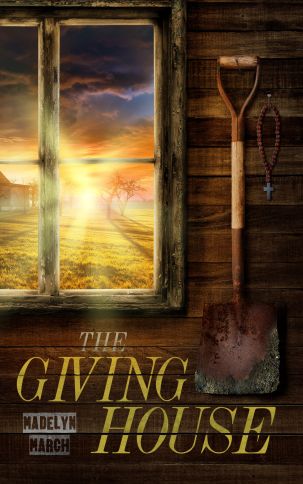Sadly, there are times when a writer has no time to write—other jobs, family commitments, emergencies of all varieties get in the way. Don’t let this happen often, but let’s face it, it happens.
What to do? How do you keep your writing fresh? How do you avoid losing that creative spark? Well, one thing I do is compose stories in my mind before I ever type a word. That isn’t what today’s post is about, however. Today’s post is about reuniting with the love of words. I’m guessing that many writers have a love affair with words. It is the sand that makes the castle of our creation. Without them, the castle can be left without the necessary moisture that holds it all together. Without them, you’d end up with a lump of listless sand that has no cohesive shape. Words matter. Enormously.
So, how do we continue to exercise our wordsmith skills? Here are some things you can do to help you improve your skills when you don’t have time to lift a pencil (or pen, or keyboard, so to speak).
Alliteration Allure:
- Play the Alliteration Allure game. Start with one word of your choice. In our example, we’ll use the word boy.
- Then, using only words that have the same letter, keep adding to the word to build as long of a phrase as you can or that you find entertaining and worthwhile. You can also use articles to help smooth the words together. In our example, we might continue to add words and end up with something like: boisterous boy buys bulbous bully a bashed banana. You could continue or start with something new.
- It is entertaining to use people you know in the Alliteration Allure game. It can be great fun.
Startling Synonyms
Another activity I like to do is what I think of as Starling Synonyms. Try to focus on words you frequently use or that are often used in our language. Once you notice them, start using other words instead. So, in my teaching, I use the word good quite often. To keep my vocabulary interesting and keep my students from utter boredom, I use synonyms like fabulous, wonderful, fantastic, excellent, super, great, wonderous, fantabulous (not a real word but love it), fantastic, and others. You get the idea.
You can apply this to other groups of words as well. Maybe one day focus on finding some nouns that are different than the first that come to mind. Or maybe you want to visualize more vivid verbs, go ahead and find new verbs instead of the same old language you normally use. On another day you might want to challenge yourself to focus on descriptive words.
Once you start thinking like this, you get on a roll and it can become a daily habit that increases your writing prowess when you’re not even writing! If that’s not efficient, I don’t know what is!
Add to the Pot
Finally, we sometimes need to add words that we may not think of or don’t even know. That’s where a good old-fashioned thesaurus comes in handy. A good one on your phone is a must. Look up a synonym for a word you’re thinking of and then use that word a handful of times that day. Make a habit of doing this daily with a few words. I know, we said we were doing these things when we’re too busy to write, but we can squeeze this into mere minutes.
Keep words close to your heart no matter if you’re in the middle of a novel or between them. It will keep your skills up and make it easier to use creative vocabulary the next time you sit to type your next masterpiece. Let me know how it goes and any creative word activities you do on a daily basis to keep those creative juices flowing when you’re short on writing time (and even when you’re not!).
Happy Writing,
Madelyn March

 Gail Honeyman creates a refreshing, unique, and memorable character with Eleanor Oliphant Is Completely Fine. Eleanor is real, broken, and imperfect. She struggles with what life handed her in her own unusual ways. She sometimes makes bad choices and can be rude, but you can’t help but root for this character and be entranced by her authenticity. Honeyman makes Eleanor so real that she could nearly walk off the page.
Gail Honeyman creates a refreshing, unique, and memorable character with Eleanor Oliphant Is Completely Fine. Eleanor is real, broken, and imperfect. She struggles with what life handed her in her own unusual ways. She sometimes makes bad choices and can be rude, but you can’t help but root for this character and be entranced by her authenticity. Honeyman makes Eleanor so real that she could nearly walk off the page.


 I don’t know if you’ve noticed, but there is an epidemic of people not listening. You only need look next to you or across the room to find an example of this. People ignore each other, people put words in the mouths of others, and people just aren’t reliable listeners.
I don’t know if you’ve noticed, but there is an epidemic of people not listening. You only need look next to you or across the room to find an example of this. People ignore each other, people put words in the mouths of others, and people just aren’t reliable listeners.
